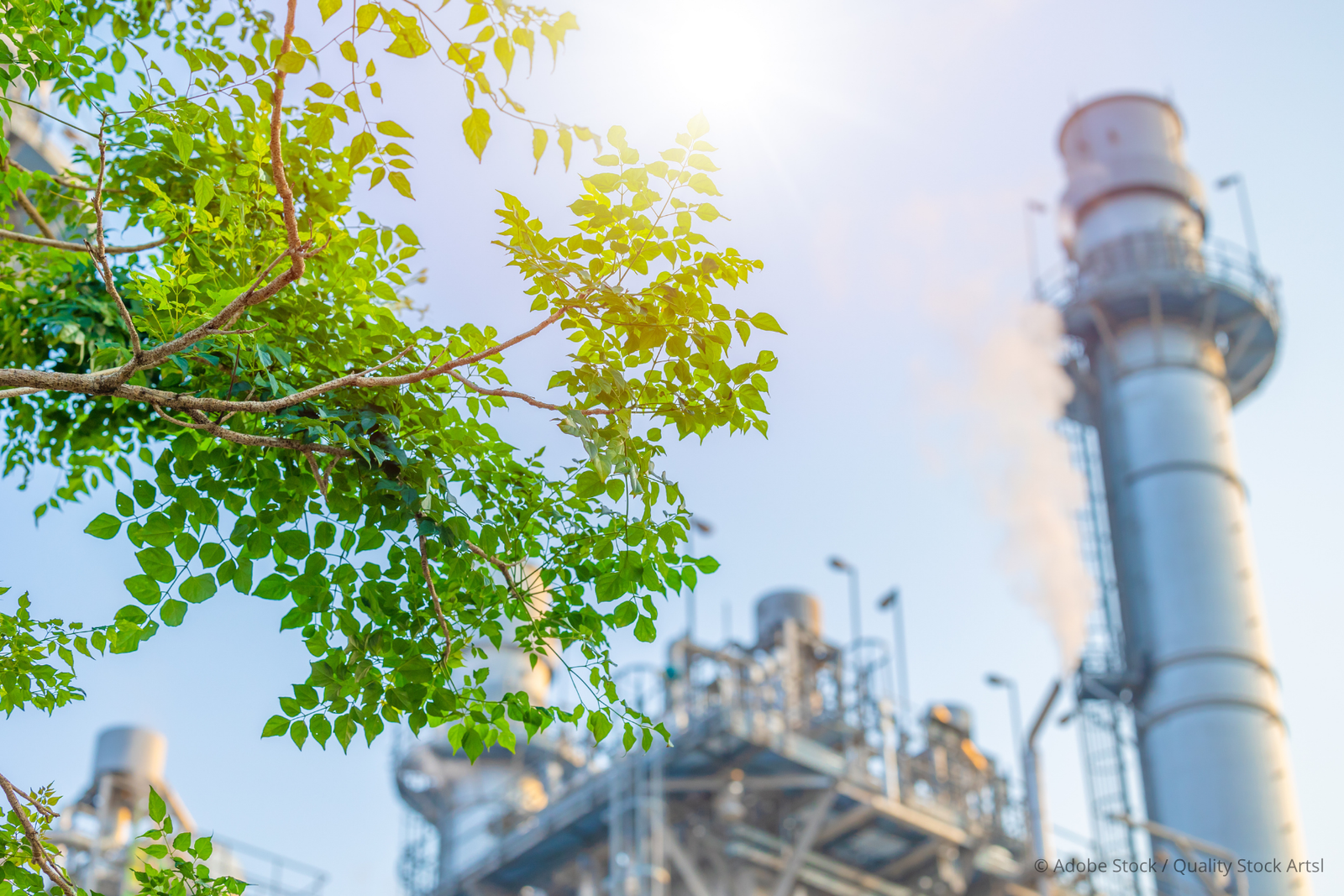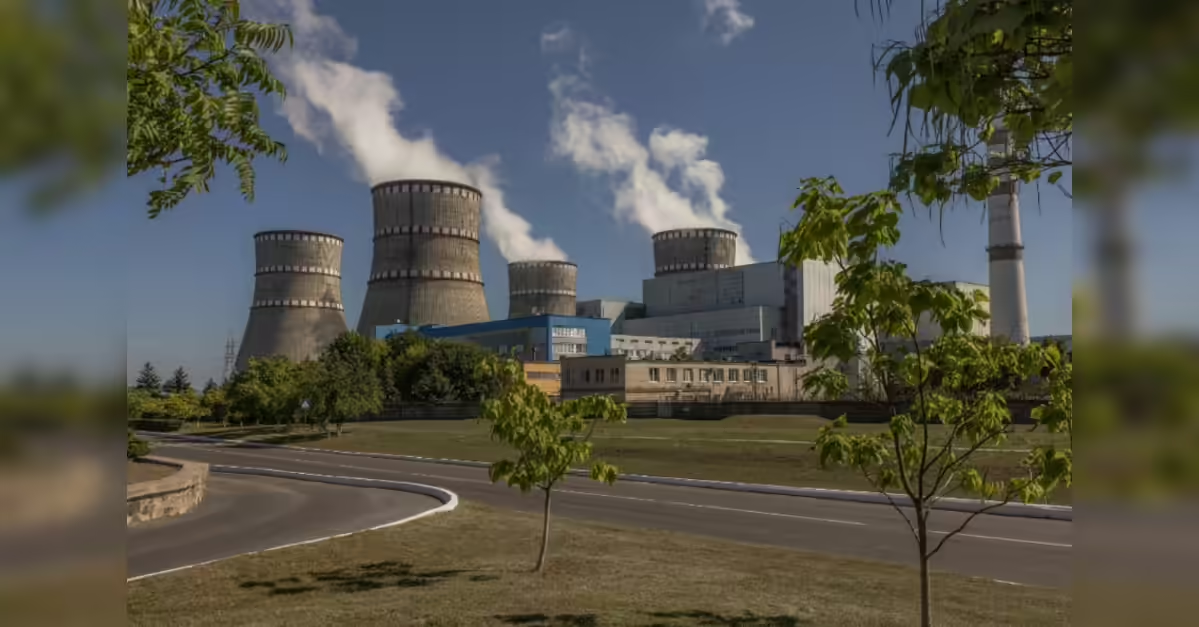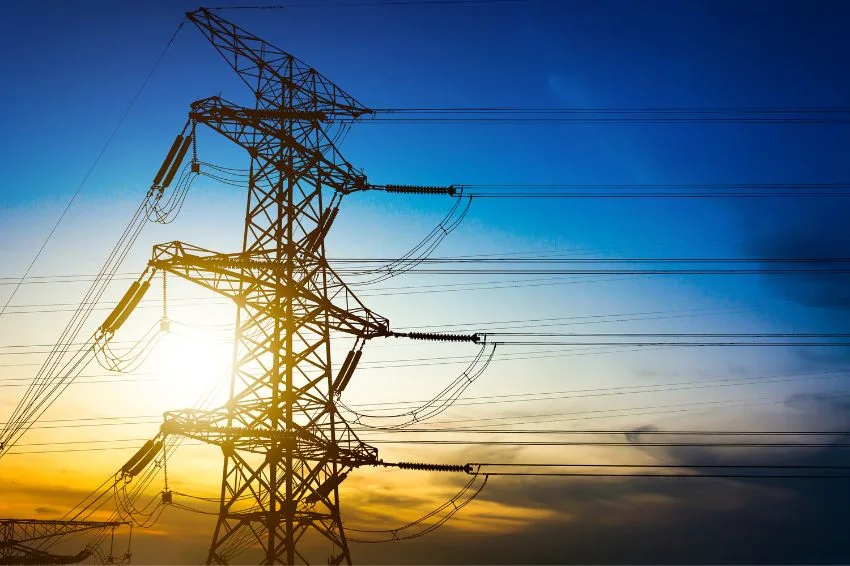The European Union is taking decisive steps to strengthen its industrial sector while reducing carbon emissions through the Clean Industrial Deal, presented in February 2025. The initiative supports Europe’s goal of achieving net zero emissions by 2050, addressing the urgent need for its industries to transition towards low-carbon technologies.
European industry, which contributes significantly to greenhouse gas emissions, must adapt to meet climate goals while continuing to produce essential technologies for a sustainable future. This transformation is particularly vital for sectors like clean technology and energy-intensive industries, which are key to both the economy and environmental sustainability.
**Clean Technology Sector** The clean technology market is projected to triple by 2035, highlighting its importance in decarbonizing the economy. However, the EU’s share in this sector is declining, primarily due to high energy costs, strong competition from countries like China and the USA, dependency on imported raw materials, and burdensome regulatory processes that hinder business operations.
**Energy-Intensive Industries** Industries such as iron, steel, cement, paper, and chemicals are essential for manufacturing clean technologies and supporting other sectors, including automotive and defense. These industries also present significant challenges for emission reductions due to their high energy demands. The Clean Industrial Deal aims to facilitate the transition of these energy-intensive sectors to lower-carbon operations.
**Key Elements of the Clean Industrial Deal** The strategy focuses on several critical components to enhance competitiveness and promote decarbonization:
1. **Affordable Energy Action Plan**: This initiative aims to accelerate the deployment of renewable energy, increase electrification, and improve interconnections within the European energy market. 2. **Demand for Clean Technology**: By prioritizing clean technologies in public and private tenders, the EU seeks to stimulate market demand. 3. **Mobilization of Funding**: The plan includes efforts to raise over €100 billion to support clean manufacturing initiatives within the EU. 4. **Recycling and Re-use**: The strategy emphasizes the importance of boosting recycling efforts to reduce waste and reliance on raw materials. 5. **Collaboration and Protection**: The EU plans to collaborate with global partners while implementing trade defense mechanisms to shield its industries from unfair competition. 6. **Skill Development**: Establishing a union of skills will help enhance workforce capabilities, ensuring quality job creation in strategic sectors for the clean transition.
**European Parliament’s Support** In June 2025, the European Parliament expressed its backing for the Clean Industrial Deal, highlighting the need for a strong and competitive industrial base that aligns with climate objectives. Members of the European Parliament (MEPs) advocated for new financial instruments to invest in clean technology and called for simplified regulations to expedite the transition for businesses, particularly small enterprises. They recommended reducing paperwork and improving access to funding, as well as making permanent carbon removal technologies viable for sectors with hard-to-abate emissions.
Furthermore, MEPs supported the Affordable Energy Action Plan and emphasized the necessity of enhanced cooperation among EU countries regarding energy networks and electricity trading. Notably, they pointed out the inconsistencies in national regulations, which impede progress toward the collective goal.
**Modernizing Electricity Grids** In a separate report, the European Parliament proposed significant upgrades to Europe’s electricity grid infrastructure, necessary to meet the rising demand for renewable energy. The report emphasizes the need for investments to modernize the grid and improve cross-border transmission capacity. This need was underscored by a major blackout event that affected Spain, Portugal, and parts of France in April 2025, highlighting vulnerabilities in the current system.
As the EU moves forward with the Clean Industrial Deal, the focus will remain on facilitating a competitive industrial landscape that adheres to stringent climate targets, ensuring both economic growth and environmental responsibility.




